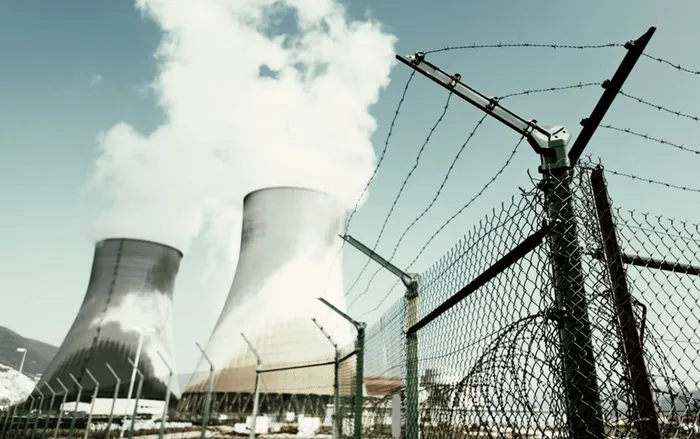
Department of Trade, Industry and Competition (the dtic) director Mahendra Shunmoogam said government had formally opposed the EU’s CBAM in its recent submissions, describing it as a unilateral measure that undermines global trade rules and the sovereignty of developing countries.
Image: File photo
South African policymakers are grappling with how to respond to the growing number of countries adopting Carbon Border Adjustment Mechanisms (CBAMs), with the European Union’s version set to take effect in January 2026 and similar measures under consideration in the United Kingdom, United States, Australia, and Japan.
At a Presidential Climate Commission (PCC) webinar on Thursday, Department of Trade, Industry and Competition (the dtic) director Mahendra Shunmoogam said the government had formally opposed the EU’s CBAM in its recent submissions, describing it as a unilateral measure that undermines global trade rules and the sovereignty of developing countries.
"Our position is that we fundamentally oppose CBAM because it violates potentially the WTO Agreement and also the Paris Agreement, which says that countries should not take any actions that impact on the national sovereignty of other countries, especially developing countries," Shunmoogam said.
He said that to address the looming January 2026 deadline for implementing the CBAM, the government was in negotiations with the EU to secure flexibilities similar to those granted to the United States.
"We have also asked for the equivalence that our carbon tax be taken as an equivalent border mechanism, but now our industries comply with what's available in the EU. On the point of South Africa implementing its own CBAM, it makes no sense for us to do that. We have a very minute carbon tax that, if we implement the CBAM, who will implement the methodologies on that and investigate?" he said.
"We don't have the technical capacity to do that [and] it is beyond the scope that we have. You cannot implement a unilateral measure towards the entire globe. There are variances of what happens domestically and you cannot implement the same adjustment on the entire global society that's trading, especially a developing country."
The EU’s scheme is expected to affect some of South Africa’s most exposed exports, including steel, aluminium, iron, and fertilisers. Trade economists warn that around R2.6 billion in annual exports to the EU and UK could face displacement if no accommodation is reached.
Seitame Maimele, an economist at Trade and Industrial Policy Strategies (TIPS), said South Africa urgently needed a clear strategy to promote competitiveness under the CBAM.
"In the South African case, goods to the UK and EU mainly aluminium, iron and steel and if you get into the US you also get fertilisers featuring as an export. We send R2.6bn of these goods including the UK and the EU, covered by the mechanisms. There is risk of export displacement of that value," he said.
Rob Davies, former minister of the dtic, said the steel and aluminium industries had been dealt a double whammy in the looming CBAM and the US imposed 50% tariffs on their products.
"There is no way that the transition to a less carbon economy will be anything but unjust for the African continent unless we industrialise. Unless we move away from supplies and materials, I would think the issue is the EU has gone unilateral, implemented a measure and decided by its own policies, and it is not really compatible with WTO rules," Davies said.
"I think we should have the same approach for our industrial policy if we want to not regress. As we transition to electric vehicles, we'd better get involved in battery production. We will not get involved in battery production unless we make policy interventions and those will lead us into direct confrontation with the EU policy on raw materials and raw material supplies. What we should do is tell them to do it, we do it. What is good for you is good for us. We will make our own decisions."
BUSINESS REPORT